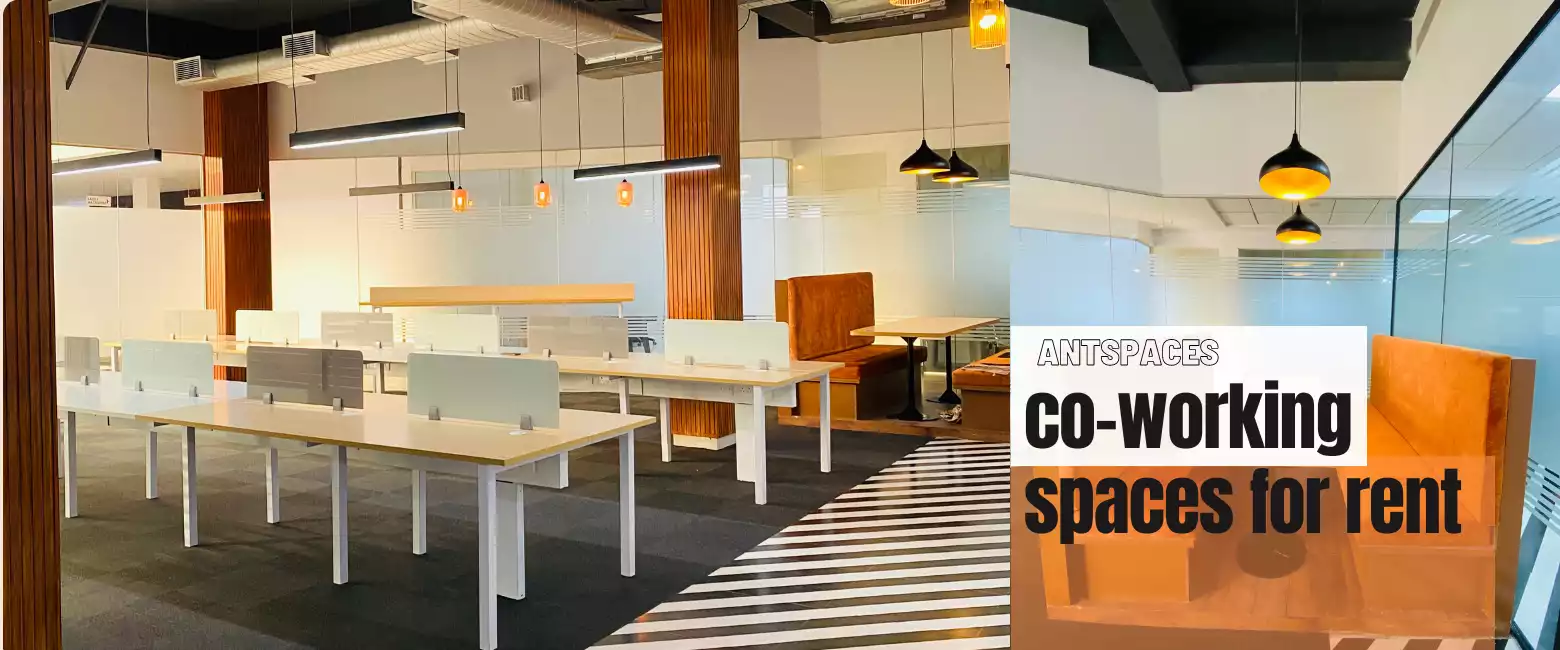The Future of Coworking in India in 2023
Over the past few years, the concept of coworking has taken the Indian startup and entrepreneurial ecosystem by storm. With the rise of the gig economy and the increasing popularity of remote work, coworking spaces have emerged as an ideal solution for professionals who seek a flexible and affordable workspace.
According to a report by JLL, the number of coworking spaces in India increased by 277% between 2017 and 2019, with the country ranking third globally in terms of the total number of flexible workspace locations. With the COVID-19 pandemic accelerating the shift towards remote work and flexible workspaces, it is safe to assume that coworking will continue to grow in popularity in India in the coming years.
So what does the future of coworking look like in India in 2023? In this article, we explore some of the key trends and predictions for the coworking industry in the country.
- Hybrid workspaces
One of the biggest trends that we can expect to see in the coworking industry in India in 2023 is the emergence of hybrid workspaces. As more and more professionals seek a flexible and hybrid work model that combines the benefits of working from home and the office, coworking spaces will need to adapt to meet this demand.
Hybrid workspaces are designed to offer a blend of private and shared spaces, allowing individuals to switch between workstations, private offices, and meeting rooms, depending on their needs. These workspaces will be equipped with the latest technology and infrastructure, including high-speed internet, video conferencing, and other collaborative tools, making them ideal for remote and hybrid teams.
- Vertical specialization
As the coworking industry in India continues to grow, we can expect to see more specialized coworking spaces catering to specific industries and sectors. For instance, we might see coworking spaces exclusively designed for healthcare professionals, architects, software developers, and so on.
These specialized coworking spaces will provide industry-specific amenities and services, including networking events, mentorship programs, and access to industry experts, making them ideal for startups and entrepreneurs who seek to collaborate and grow within their respective industries.
- Regional expansion
While coworking spaces are already prevalent in most Indian metro cities, we can expect to see a regional expansion of coworking spaces in Tier-2 and Tier-3 cities in the coming years. As the Indian government invests heavily in infrastructure and connectivity, smaller cities and towns are likely to witness an increase in the number of remote workers and entrepreneurs, leading to a rise in demand for coworking spaces.
Moreover, with the cost of living in metro cities such as Mumbai, Delhi, and Bangalore on the rise, many professionals might choose to move to smaller cities where the cost of living is lower, leading to a rise in demand for coworking spaces in these regions.
- Focus on wellness and sustainability
With the growing awareness around the importance of health and wellness, we can expect to see coworking spaces in India placing a greater emphasis on wellness and sustainability. In addition to offering ergonomic furniture and natural lighting, coworking spaces might also offer wellness services such as yoga classes, meditation sessions, and healthy food options.
Moreover, with the rising concern around climate change and environmental sustainability, coworking spaces might also implement sustainable practices, such as using renewable energy sources, reducing waste, and promoting eco-friendly transportation.
- Emphasis on community building
Finally, we can expect to see coworking spaces in India placing a greater emphasis on community building in the coming years. While coworking spaces have always been designed to foster collaboration and networking, we can expect to see more structured programs and initiatives aimed at building a sense of sustainable coworking community.


Comments (0)